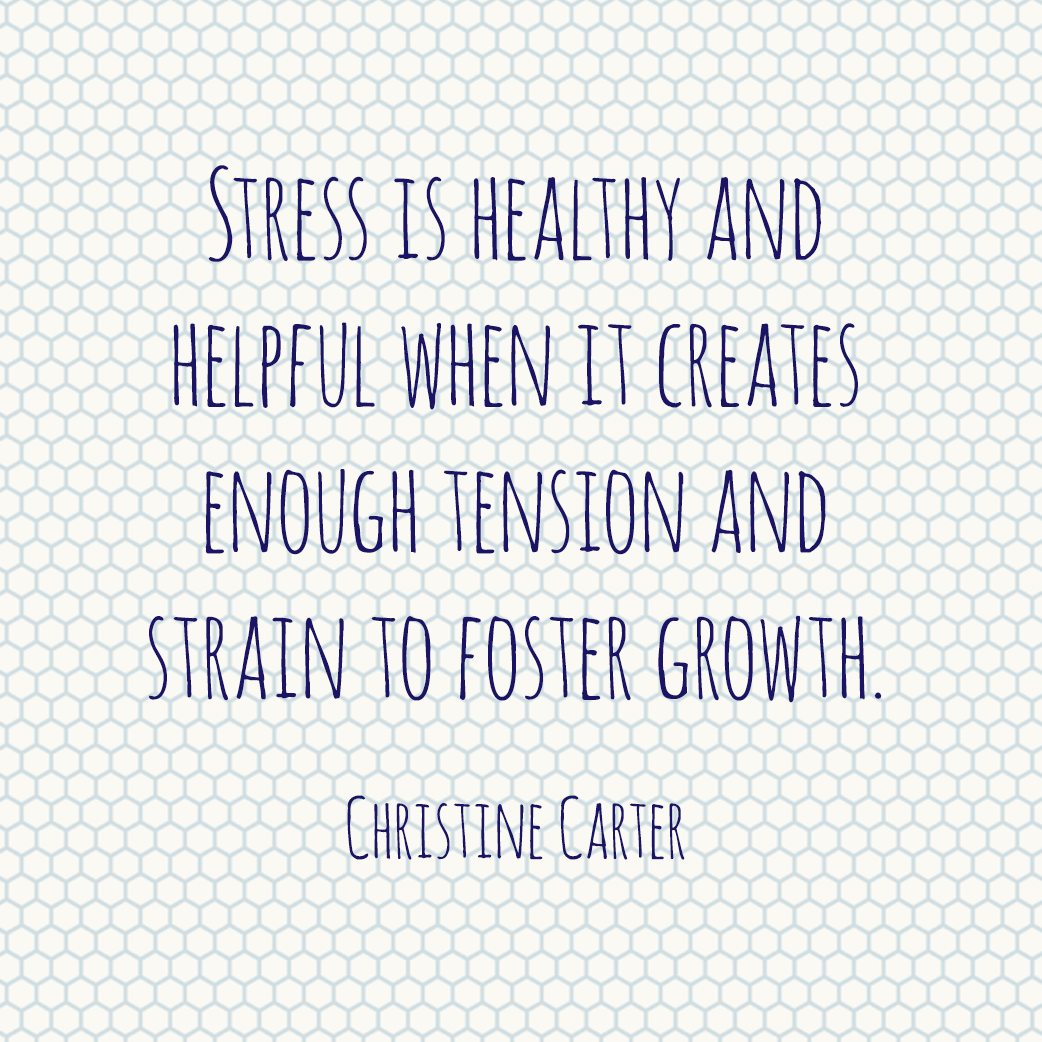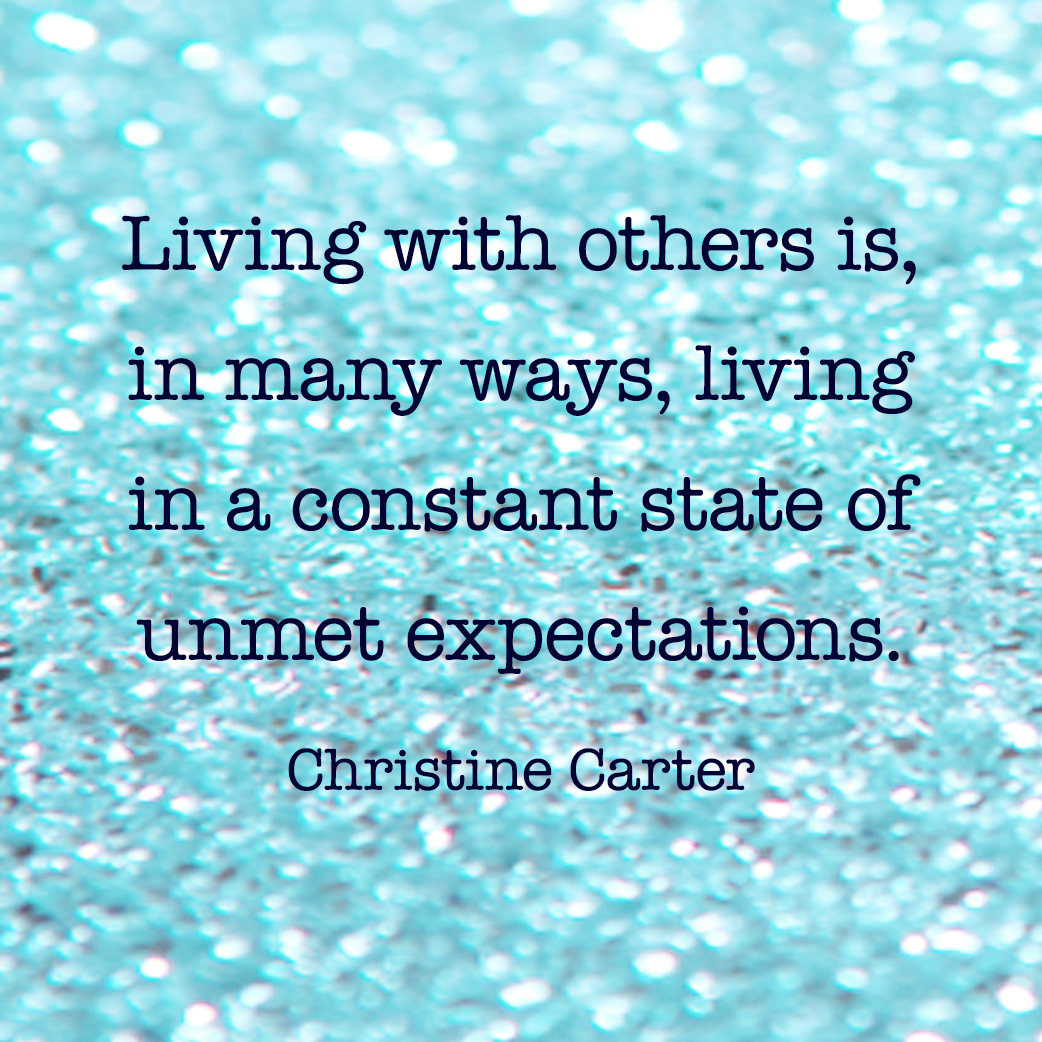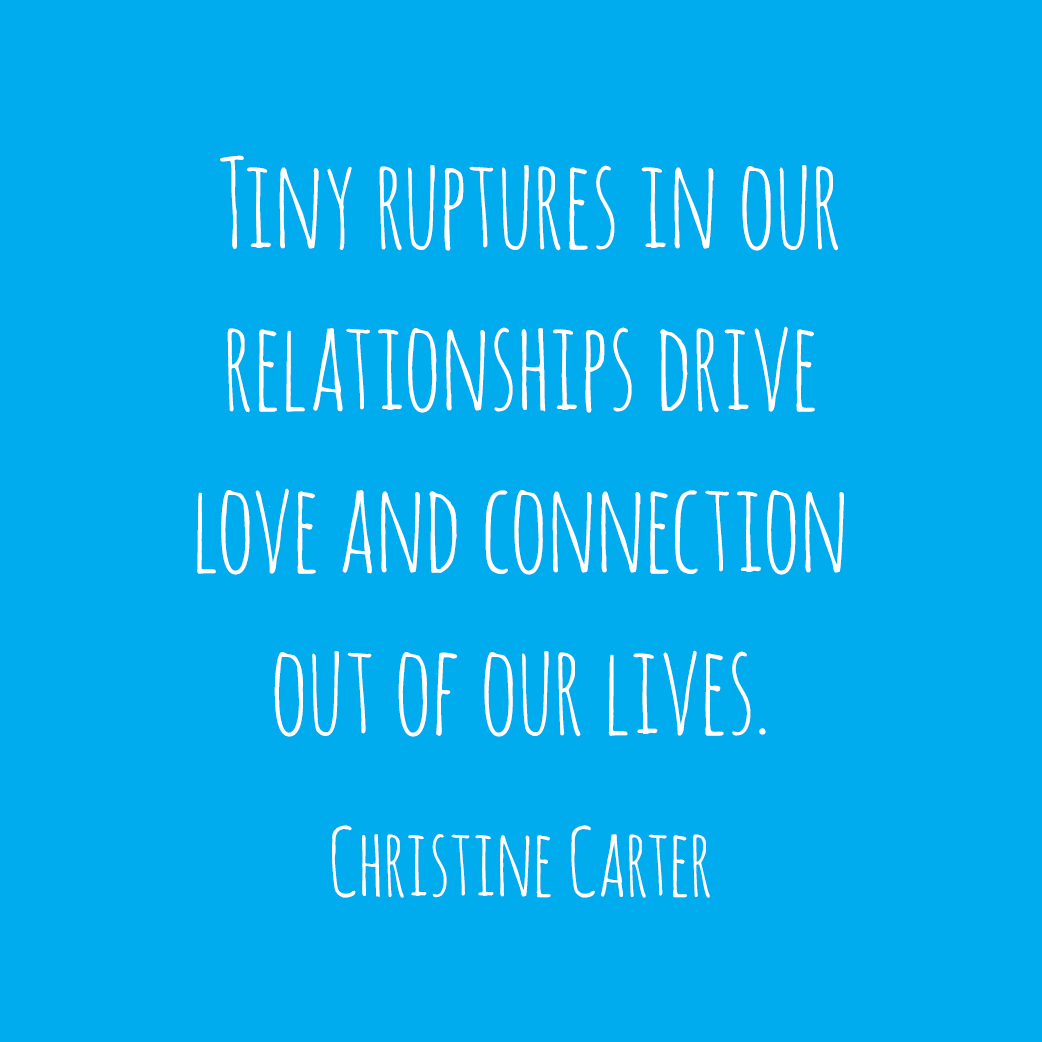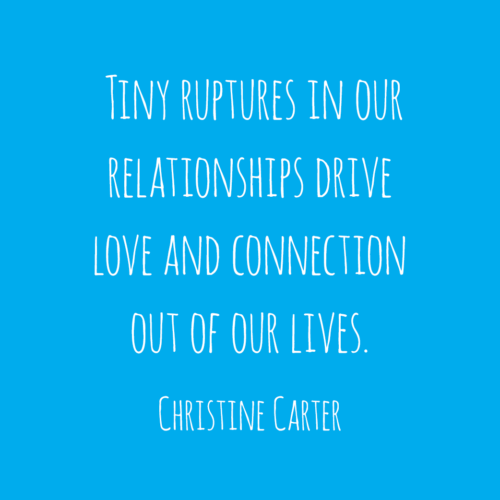Concerned parents confront the fact that their son may be addicted to drugs and alcohol.
Dear Christine,
We are writing you about our son, who is in his second year of undergraduate study. He has found his niche in the Greek system, and it is something he is passionate about. He loves the people and the camaraderie.
What is worrisome to us is that along with his entrance into the Greek system, his use of drugs and alcohol has grown. His marijuana and drinking habits, which had been somewhat frequent in high school, have become significantly more pronounced. While he has been away much of the time since he began college, when he is back at home, his unhappiness seems intense and he seems to only be able to get in a good mood when he has had something to drink or smoke, which is often. He also avoids interaction with people by spending time on screens.
We have always tried to be supportive parents, and had felt that over the long arc of his life he appeared to be growing into a fine person, and that he does have a lot of good qualities. But we are now faced with the fact that he may have a real substance abuse issue, and is heading down a dangerous path.
Please advise.
The Concerned Parents of a College Student
Dear Concerned Parents,
I want to commend you for the reflection that you’ve done and your willingness to see that your son has a problem. I reached out to Richard Ryan, a very well-respected adolescent drug and alcohol educator and professional interventionist, to help me answer your question. The first thing Richard said was that he believes your willingness to see your son’s issue is going to help him.
Richard also said that while in many ways your son sounds like many other young men his age, there are several things about his drug and alcohol use that set him apart.
Like many college students, your son has found a place in the Greek system, which is filled with shared rituals, intrigue, and bonding. By formally extending and promoting adolescent behavior, fraternity culture provides relief to students who are finding the transition to adulthood daunting. Fraternity brothers can often hide from their growing responsibilities in the midst of their fraternity’s rituals and traditions.
Frequent use of drugs and alcohol is usually a significant part of Greek culture. A Harvard University study reported that four out of five fraternity and sorority members binge drink. By comparison, two out of five college students overall are regular binge drinkers. Because of this, fraternity members, particularly those who are white and under 25, are at the highest risk among college students for developing a substance abuse problem.
Unfortunately, substance abuse problems that develop in college often persist after graduation. According to the National Institute on Drug Abuse, close to half of fraternity members report symptoms of Alcohol Use Disorder (AUD, or what we commonly think of as alcoholism) at age 35. Research has also shown that fraternity and sorority members tend to have a significantly higher prevalence of marijuana use into their mid 30s.
Fraternities typically expect members to consume huge amounts of alcohol in drinking “bouts,” or contests that encourage rapid and excessive consumption. “These bouts,” Richard wrote, “are a recipe for a disaster.” About 5,000 college students die from unintentional alcohol-related injuries each year.
So, your son is not alone in his drinking and drug use.
Richard also pointed out several significant differences in your son’s behavior that are a cause for concern. The most notable difference is your son’s change in demeanor, even when he has very little alcohol or marijuana in his system. It’s of particular concern, Richard wrote, that the changes in his mood and personality are profound and sudden. “It may well be indicative that your son has an Alcohol Use Disorder and Substance Use Disorder.”
Another sign, according to Richard, is that you date his drinking and marijuana use to his high school years. Much research indicates that the earlier the age at which an individual consciously chooses to use a substance to change how they feel, the greater their risk of becoming attached, both emotionally and physiologically. Those who have such experiences at the age of fifteen and younger have a considerably higher risk of forming an addiction or dependency than those who wait until they are in their late teens and early twenties.
Richard noted that it’s particularly troubling that your son only seems to be in a good mood when he is using alcohol and marijuana. This suggests that he is unable to experience happiness unless he is high, and that his sense of well-being and emotional stability relies on being in an altered state.
Richard explained that dependency is being “addicted to the process of a mood change.” Any activity—gaming, sex, gambling, social media, drinking, using drugs—that causes significant changes in mood can be addicting.
What we think of as addiction, then, has two very distinct but overlapping aspects: Addiction is the physiological attachment, while dependency denotes the emotional, mental, and sensory attachment. Richard made it clear that dependency is far more complex and more challenging to ameliorate than physiological addiction.
Your son clearly demonstrates all the signs of dependency. I know that’s so hard to read. It would be understandable if you didn’t want to believe it. But you had the courage to ask for advice in the first place, and so I believe that you are also brave enough to get your son through this.
So where can you go from here?
1. Talk to him about your concerns. Although it often might not seem like it, parents still have a lot of influence on their older teens. Parents of teens who have just started to use drugs or alcohol might be able to curb their teens’ use by talking with them—motivational interviewing can work well for these sorts of conversations.
Your son, however, is probably dependent enough that he will likely defend his addictions by becoming angry and lashing out at you. You’ll need to decide together as co-parents how you’ll respond; it’s important for you to be a united front right now. And if he surprises you and asks for help, be prepared to take him to an addiction counselor right away, the same day, if possible (see below).
“Although it often might not seem like it, parents still have a lot of influence on their older teens”
―Christine Carter
2. Get some help right away. An evaluation by a clinician who is well-versed in addictions can provide your family and your son with a clear path forward. Most family practice doctors and therapists are actually not equipped to address dependency, so Richard emphasized the importance of finding a licensed psychologist or licensed social worker who specializes in addictive disorders to work with your son.
You’ll likely want to consider doing an intervention with the help of a professional interventionist like Richard Ryan. Interventions are planned, practiced, and structured conversations that are designed to help break through denial and get college students with addictions into treatment. Most colleges and universities have developed campus recovery programs, and some even offer “sober living environments” as part of their programs. These programs are especially helpful as a follow-up for those who have been treated for their addictions and dependencies.
Time is of the essence. Many people would be tempted, I’d think, to wait until their son comes home for a little while or even until he graduates from college and is free from the influence of the fraternity. If he’s doing well academically, it might be tempting to see that as a sign that he’s okay. But we know that many people can be highly functional in their alcoholism; that doesn’t mean that they are happy or fulfilled. It would be better for your son’s long-term emotional well-being to break the cycle of dependency now rather than later.
3. Stop enabling his drinking and drug use. Parents often unintentionally send kids a mixed message about their expectations by providing or allowing substance use at home, or by funding kids’ participation in drug- and alcohol-fueled experiences like fraternities and sororities. In some families, these represent longstanding traditions. But just because something is an old tradition does not mean that it is a good thing for a particular college student. The world is radically different now than it was just one generation ago, and it’s hugely important that we parents not normalize self-harm.
As parents, we can do our best to set up speed bumps to college students’ risky behaviors. Money, or lack thereof, can be a fantastic speed bump. Your son will continue to make his own choices about how he socializes and what substances he uses, but that doesn’t mean that you have to pay for the choices you don’t agree with. If he wants to spend his hard-earned minimum wage dollars on weed, alcohol, and the fraternity fees, that’s his call. But as his parents you can send a crystal-clear message about your concerns and your hopes for your son by choosing not to fund participation in a fraternity that fuels his alcohol and marijuana dependencies.
Not-enabling might require an extra dose of empathy for your son—and self-compassion for yourselves. It will be very hard for him to have funds for the fraternity taken away, for example; you’d be choosing not to support a core part of his identity and the primary source of his pleasure. You can accept that it will be hard, even painful, for him to feel as left out as he likely will. It’s likely that his pain will also be very painful for you.
Remember: You’re strong enough to handle it, and so is he.
Yours,
Christine Carter, with Richard Ryan
Special thanks to Richard Ryan, M.A., for co-writing this with me.













